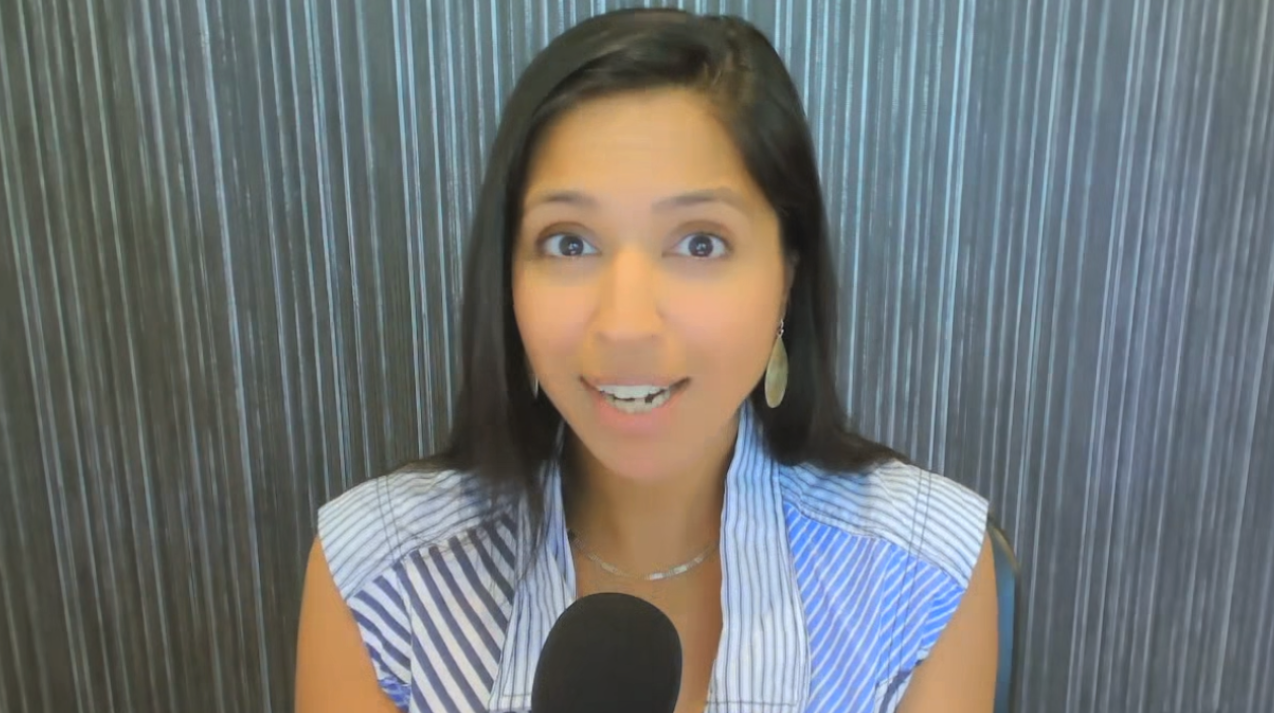Hi, I'm Dr. Priyanka Venugopal
Group coaching experience for professional women
WORK WITH ME
The Joyful Project
An ObGyn physician turned Stress + Weight Loss Coach, and mama to two wild kiddos. This is a show where story meets science + strategy where you’ll learn from my own epic fails, experiences as a physician and as a very busy mom who is dreaming big.
Feel Unstoppable with Science and Strategy
The Burn Stress, Lose Weight Group
Episode #131: Snacking Stress Types: The People Pleaser
Summary
In this insightful episode, I’m delving into the final type of the Stress Types mini-series, exploring the “people pleaser” or “fawn” response. This episode is a must-listen for professional working moms who identify as overachievers and struggle with social settings that challenge their fat-burning goals. I want to normalize the instinctive need to fit in, but also empower you with tools to break free from the people-pleasing cycle that derails weight loss and personal growth. I’ll share my own journey and teach strategies to align actions with your deeper values, ensuring that even in stressful social situations, you remain in control.
Learn more: https://www.burnstressloseweight.com/
Sign up for my Masterclass on October 4th: https://www.burnstressloseweight.com/masterclass
What You’ll Learn from this Episode:
- What the “people pleaser” or “fawn” stress response is and why it’s deeply rooted in survival instincts.
- Why fitting in during social situations can sabotage your weight loss and self-growth efforts.
- How to use the ABCD bridge to navigate social pressure and remain aligned with your goals.
- Personal insights from my people-pleasing journey, from childhood to professional life.
- Practical steps to model self-confidence and resilience for your children, teaching them how to say “no” and stand by their values.
Listen to the Full Episode:
Enjoy the Show?
- Follow: Get new episodes in your feed every single week on Apple Podcasts, Spotify, Google or search “Burn Stress, Lose Weight” on your favorite platform.
- Rate & Review: Take a few seconds and leave your review in the stars and comments of this show.
- Instagram: Come hang out with me on Instagram, you’ll find me in your daily feed @burnstressloseweight
Featured on the Show:
- Want to work with me? Learn about The Burn Stress, Lose Weight Group by clicking here.
- Sign up for my October 4th Masterclass by clicking here.
Available on:
